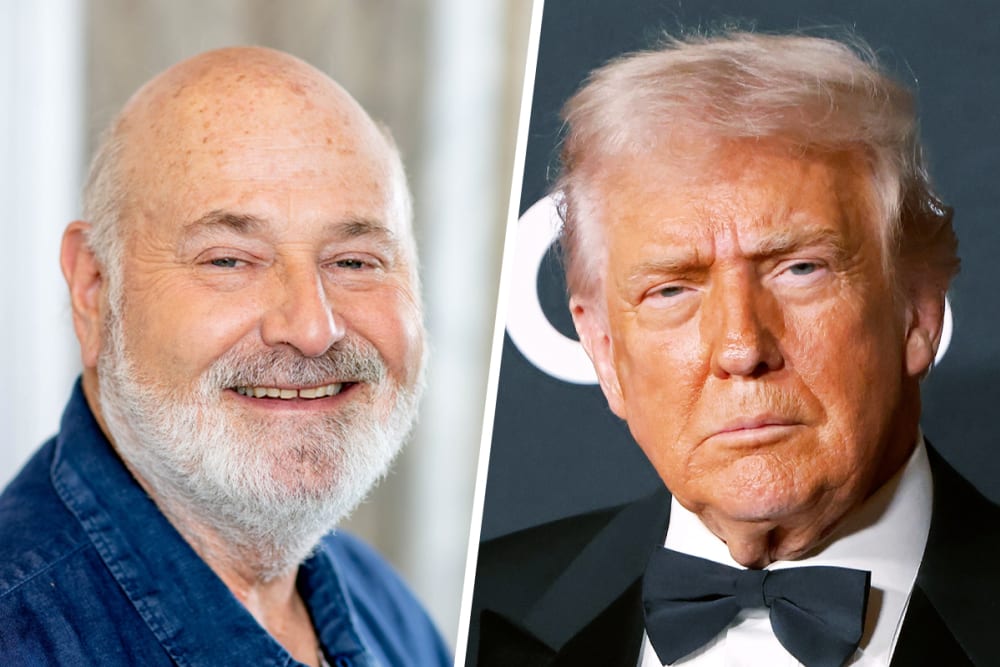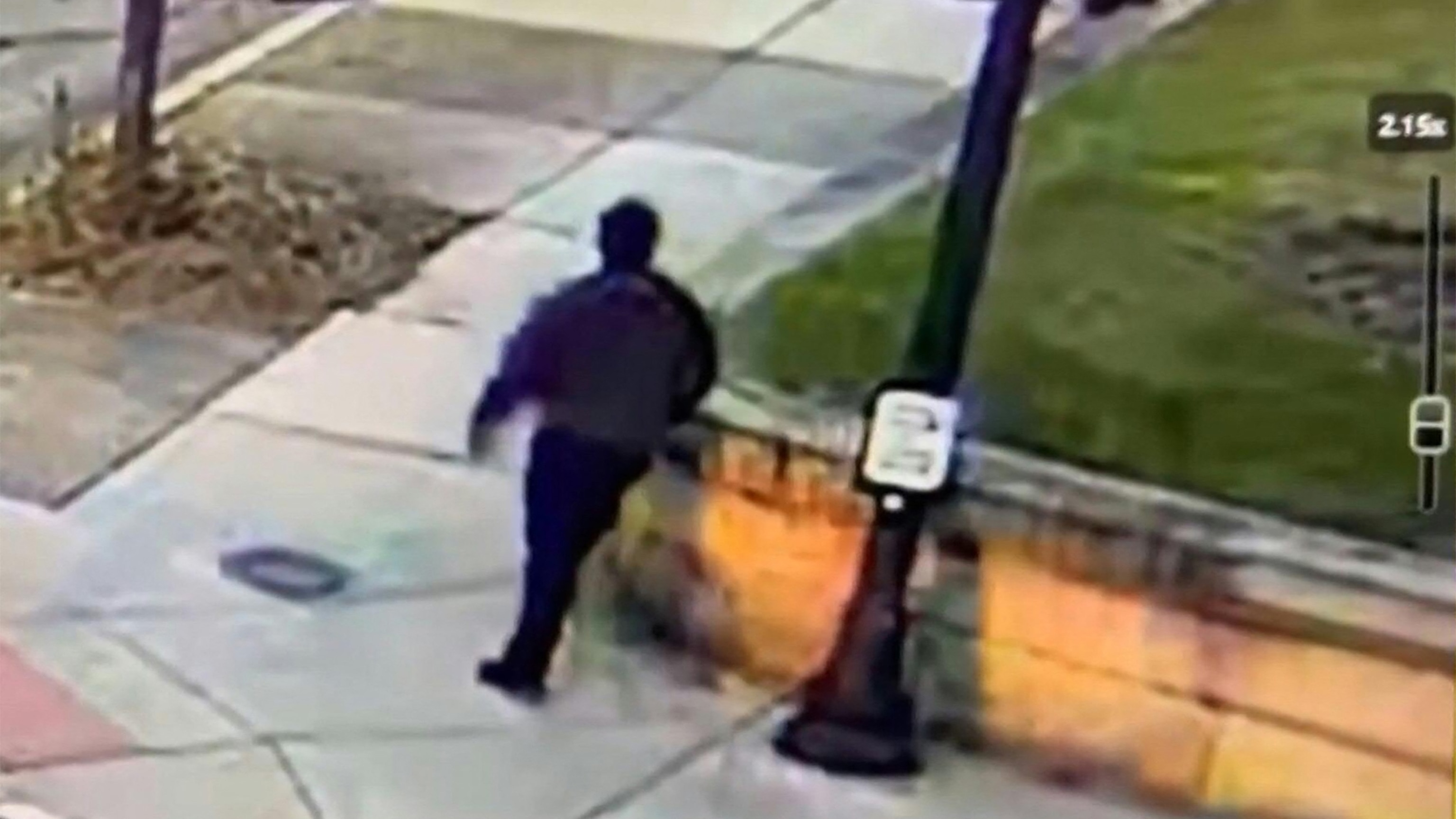BLMOKC leader's lavish life filled with Caribbean vacations and SIX properties revealed after she 'embezzled' $3.15M
By James Cirrone
Daily Mail
Dec 13, 2025

Tashella Sheri Amore Dickerson, the longtime leader of Black Lives Matter
Oklahoma City (BLMOKC), is accused of defrauding national bail and
social justice organizations by diverting donated and returned bail
funds into her personal checking accounts
The BLMOKC leader was brought up on over two dozen charges of wire fraud and money
laundering after prosecutors claim she stole millions of dollars that
were supposed to help bail protesters out of jail.
Tashella Sheri Amore Dickerson, the longtime leader of Black Lives Matter
Oklahoma City (BLMOKC), is accused of defrauding national bail and
social justice organizations by diverting donated and returned bail
funds into her personal checking accounts.
Dickerson,
who calls herself an 'unpaid protester' on social media, allegedly
rerouted $3.15 million to herself over the course of about four
years, according to a federal indictment that was unsealed on Thursday.
The transfers from BLMOKC to her personal
accounts began on January 11, 2021, the government claimed. The latest
transfer took place on July 31, 2025, per the indictment viewed by the
Daily Mail.
Dickerson, 52, splashed
out by going on three vacations with her associates, taking them to the
Dominican Republic in July 2021, before indulging in back-to-back trips
to Jamaica in December 2021 and January 2022, prosecutors said.
An Instagram
post in December 2021 where she showed off her resort in Jamaica was
captioned '#selfcareisrevolutionary', '#blackjoymatters' and
'#MySoulSaysYes.'
The indictment said
Dickerson spent just under $1 million of the allegedly misappropriated
funds on six properties throughout Oklahoma City, one of them being the
church where she preaches. All of the properties were registered in her
name, not under BLMOKC, according to the charges.
She
also spent nearly $42,000 on a 2021 Hyundai Palisade, at least $50,000
on Doordash and Instacart and tens of thousands of dollars
at Nordstrom/Nordstrom Rack, Macy's, Best Buy among other retailers,
according to the indictment.
Dickerson, 52,
executive director of Black Lives Matter (BLM) Oklahoma City (OKC), has
been charged with wire fraud and money laundering.

Dickerson, the longtime leader of Black Lives
Matter Oklahoma City (BLMOKC), was indicted last week for allegedly
stealing $3.15 million in donations to her organization that were
supposed to go toward bailing racial justice protesters out of jail.
Dickerson is pictured with Rep Ilhan Omar of Minnesota in a photo she
shared to her social media
Dickerson
is pictured during a vacation to Jamaica in December 2021, an expense
prosecutors said was funded entirely by defrauding her donors
Dickerson's charges are the latest in an
avalanche of financial malfeasance allegedly committed by various
leaders of BLM chapters around the country, totaling nearly $9 million.
The
Black Lives Matter Global Network Foundation is also reportedly being
investigated by the Justice Department to see whether its leaders
defrauded donors who contributed tens of millions of dollars during
racial justice protests in 2020 over the death of George Floyd.
According
to the indictment, Dickerson was able to pull off the alleged scheme by
exploiting the chaotic early days of the 2020 protests, when BLMOKC did
not yet have its own bank account.
Prosecutors
said she initially asked national bail funds and fiscal sponsors to
wire grant money directly to her personal checking account so she could
quickly arrange bail funds for protesters.
Although
BLMOKC opened a dedicated bank account on July 6, 2020, Dickerson
allegedly continued to deposit returned bail checks - some worth
hundreds of thousands of dollars - into her personal accounts instead of
the organization's.
This was in
violation of grant agreements that required the money to be reused for
bail, a revolving bail fund for future cases or other charitable
purposes.
Prosecutors say she also lied
to the Alliance for Global Justice, BLMOKC's financial sponsor,
falsifying annual financial reports that said all funds had been spent
on tax-exempt activities.
Dickerson
allegedly defrauded individual donors as well, not just national
organizations. According to the indictment, BLMOKC raised more than
$250,000 in individual donations through online fundraising and social
media.
One
of the six pieces of real estate Dickerson bought, allegedly with funds
she illegally deposited into her personal checking accounts, according
to the indictment. This home was purchased in October 2022 for $121,000
This was the most expensive home Dickerson purchased at $231,000, according to the indictment
Pictured: A church property that Dickerson bought for $278,000, according to prosecutors
Dickerson
(pictured in Tanzania in August 2022) has pleaded not guilty and blamed
'haters' for the charges against her. She made these comments during a
now-deleted livestream outside the courthouse after a judge released her
pending trial
Dickerson flaunted her vacations on social media. She has now blamed 'haters' for the charges against her
Dickerson
has long been a favorite activist among progressive leftists, once
being pictured alongside Rep Ilhan Omar, of Minnesota.
She
responded to the charges against her in a now-deleted livestream on
Thursday after a judge allowed her to be released on a $5,000 unsecured
bond, according to The Oklahoman.
As she left the courthouse, she said 'haters' are responsible for the indictment against her and asked people to pray for her.
'A
lot of times when people come at you with these types of things − and
I'm probably saying more than I should but I haven't always been
compliant, people know this − it's evidence that you are doing the work.
And so that is what I'm standing on,' she said.
'To those that are saying you are praying for me, don't stop. Please continue, and I thank you,' she said.
The Daily Mail approached Dickerson's attorney with the public defender's office for comment.
Dickerson,
who pleaded not guilty, faces 20 counts of wire fraud and five counts
of money laundering. If convicted, she could spend decades in prison.
Jury selection could begin as early as January 13, 2026, according to court documents.



















 Matilda Miller, 6W Project president, left, and Hya Gray, 6W Comms
director, right, speak with Texas DPS troopers standing guard outside a
women’s restroom at the Capitol on Dec. 6, 2025. Miller is a trans
woman, but has an F gender marker on her ID, so the troopers allowed her
to enter the facility.
Matilda Miller, 6W Project president, left, and Hya Gray, 6W Comms
director, right, speak with Texas DPS troopers standing guard outside a
women’s restroom at the Capitol on Dec. 6, 2025. Miller is a trans
woman, but has an F gender marker on her ID, so the troopers allowed her
to enter the facility.  Ry Vazquez, 6W Project council member, left, and Anna LaVallee, right,
were detained by Texas DPS troopers at the Capitol in Austin on Dec. 6,
2025. Vazquez and LaVallee are trans women and were given a criminal
trespass warning and banned from Capitol grounds for a year for
“initially failing to cooperate with law enforcement.”
Ry Vazquez, 6W Project council member, left, and Anna LaVallee, right,
were detained by Texas DPS troopers at the Capitol in Austin on Dec. 6,
2025. Vazquez and LaVallee are trans women and were given a criminal
trespass warning and banned from Capitol grounds for a year for
“initially failing to cooperate with law enforcement.”  Ry Vazquez shows the criminal trespass warning citation she received
after being detained by Texas DPS officers at the Capitol on Dec. 6,
2025. Vazquez is a trans woman and was given a criminal trespass warning
and banned from capital grounds for a year
Ry Vazquez shows the criminal trespass warning citation she received
after being detained by Texas DPS officers at the Capitol on Dec. 6,
2025. Vazquez is a trans woman and was given a criminal trespass warning
and banned from capital grounds for a year



















